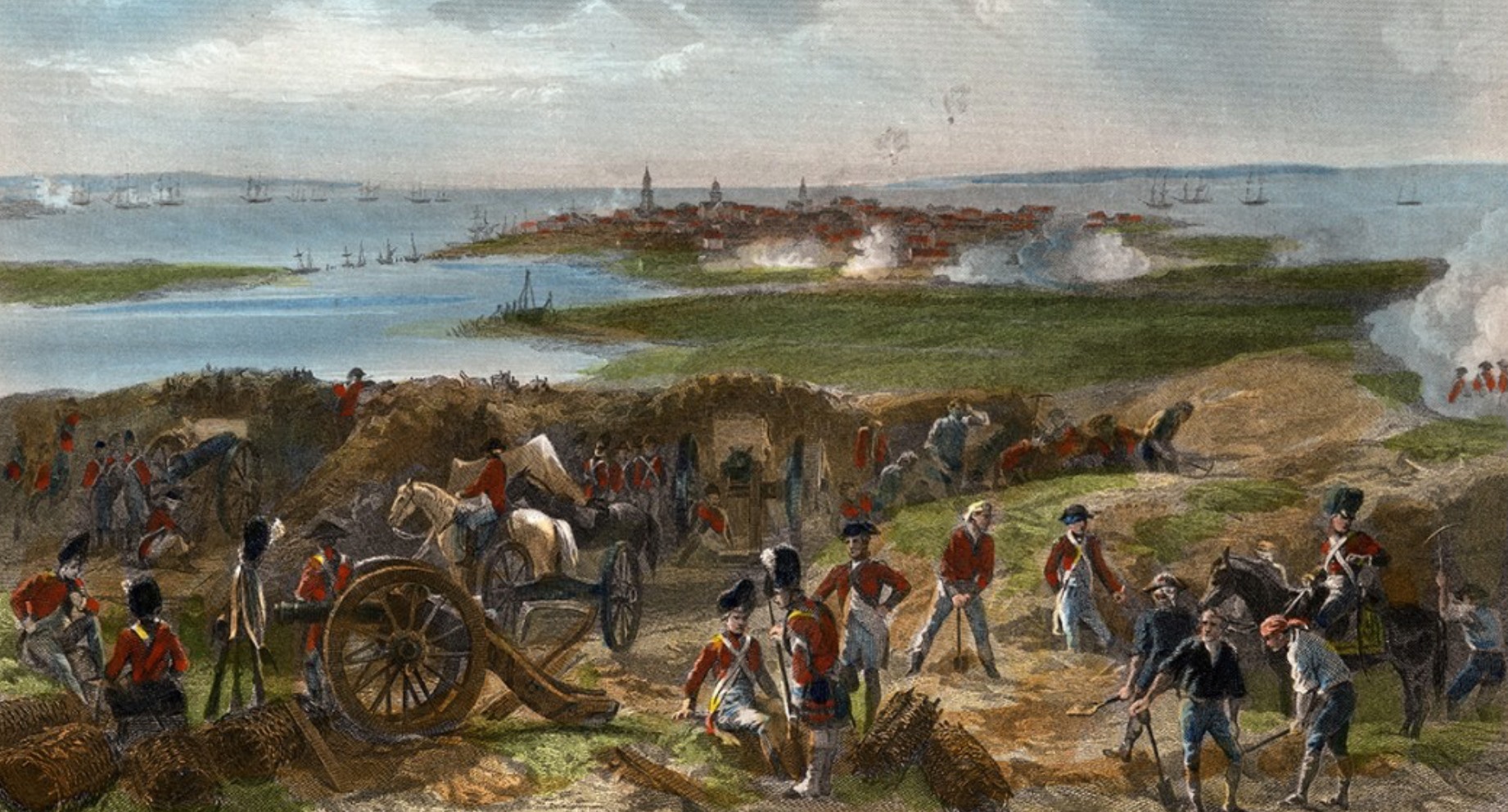A tragic incident led to more deaths after the city surrendered than were killed during the six-week siege.
The siege of Charleston, South Carolina, during the American Revolutionary War, was one of the most significant losses for the Continental army during the entire eight-year conflict. The siege lasted from March 29 to May 12, 1780. The British forces numbering 13,500, were under the command of General Sir Henry Clinton who had taken over as commander in chief of the British forces in the colonies after the departure of Sir William Howe. The Continental army which controlled Charleston was under the command of Major General Benjamin Lincoln and numbered around 5,500 men, half of which were militia.

Four weeks into the siege, the vastly superior force of British regulars and Loyalist militia, combined with over 100 British naval vessels manned by 4,500 sailors, made it obvious to the citizens of Charleston that their city would be destroyed if they tried to hold out any longer, so they convinced General Lincoln to surrender his army. Lincoln had been previously instructed by General Washington to abandon Charleston if it was necessary to save his army. So, on April 21, Lincoln offered to surrender the city under the condition that he could depart with his army intact. The British knew that they had the Continental’s backs against a wall, so they refused the offer of surrender under those terms and intensified their attack on the city.
With no other option but annihilation, General Lincoln surrendered his army to Sir Henry Clinton on May 12, 1780. Over 5,000 men yielded their arms to their captors. At first, the Continental officers were allowed to keep their swords, but after one of the officers shouted, “Three cheers for Congress,” and the rest of the officers joined in, the British changed their minds and decided to relieve them of their swords. The Continental militia was allowed to leave and return to their homes, but the regular army became prisoners of war. In addition to the loss of men, which was the greatest loss during the war, the British also confiscated several cannons, 6,000 muskets, and hundreds of barrels of black powder. Each side had lost less than 100 men during the siege, and each had less than 200 wounded.
An unfortunate incident occurred after the surrender which would double the number of dead and wounded. When the Continental army surrendered their muskets, they warned their British captors that some of the muskets were still loaded. The British chose to ignore the warnings and carelessly tossed the muskets into the armory where they were also storing the hundreds of barrels of black powder that they had captured from the Continentals. Eventually, one of the muskets fired, igniting the powder. The resulting explosion killed approximately 200 people—mostly British and wounded many others. Witnesses reported how limbs and other body parts rained down on the town of Charleston.






